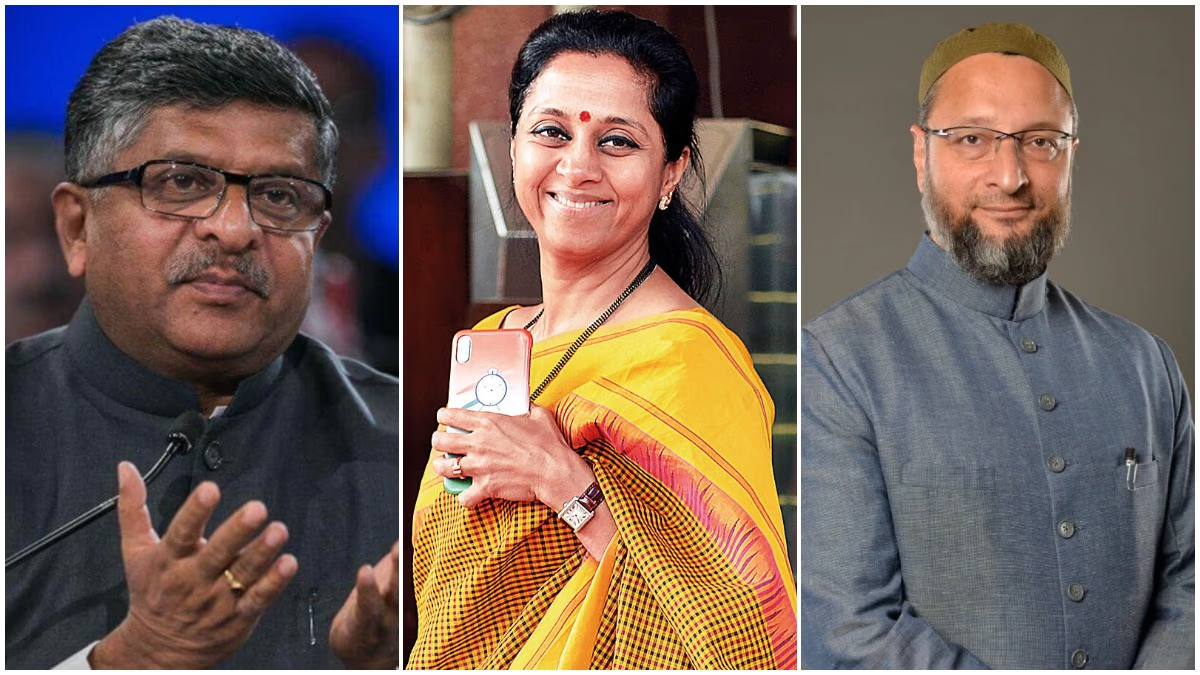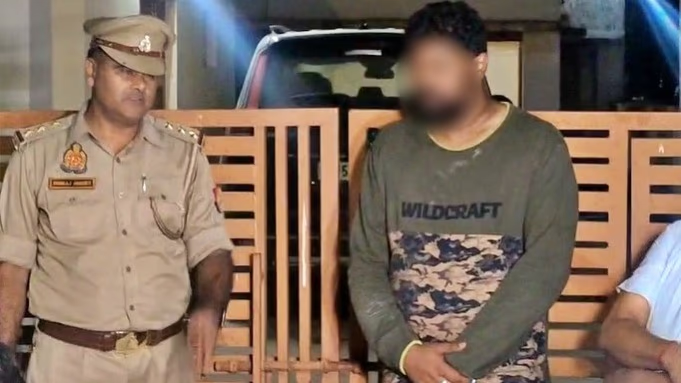India has embarked on an unprecedented and assertive diplomatic initiative, where seven parliamentary delegations will visit 32 nations in the coming weeks. Led by senior MPs and former ministers, these teams will journey to strategically vital regions such as Africa, the Gulf, Europe, America, and East Asia, aiming to foster deep dialogue with partner nations and highlight Pakistan's role in terrorism on the world stage.
This global tour unfolds under 'Operation Sindoor', with the goal of eradicating cross-border terror bases while building a unified stance against state-sponsored terrorism. The United Nations Security Council (UNSC) members are the core focus, where India's diplomatic efforts stress the necessity of shared intelligence and collective action against security threats.
Significantly, pivotal nations like China and Pakistan are not part of this democratic initiative. Historically, both have repeatedly obstructed India's counter-terrorism initiatives at the UN. After the recent Pahalgam terror attack, China not only supported Pakistan but also extended military aid. In this context, India's efforts are of particular importance as they seek to rally global attention against the menace of terrorism.
India's 5-Point Strategy:
1. Coordination with the UNSC:
Rather than seeking permanent membership, inspire immediate and decisive action among existing members.
2. Exposing Pakistan's Role:
Present evidence related to terrorism, funding, and threats to global security.
3. Advancing Operation Sindoor:
Portray it as a legitimate, sovereignty-respecting, and effective anti-terrorism model.
4. Building Global Consensus:
Advocate for legal reforms and develop shared strategies against terrorism.
5. Strengthening Leadership in the Global South:
Establish India as a responsible, proactive, and leading power.
Objective of Delegations by Region:
Africa:
Uniting the Global South against terror hotspots.
India is concentrating on South Africa, Egypt, Ethiopia, Algeria, DR Congo, Liberia, and Sierra Leone, with Algeria and Sierra Leone currently UNSC non-permanent members. India aims to enhance its peacekeeping role and cooperate against terror in Africa.
The Gulf:
Exposing terrorism financing and strategic vulnerabilities.
In Qatar, Saudi Arabia, UAE, Kuwait, and Bahrain, the delegation emphasizes the Gulf's crucial role in global energy security and counter-terrorism financing. The focus is on deepening security ties, disrupting Pakistan-linked terror funding channels, and combating ideological radicalism.
While these nations may not currently be in the UNSC, their strategic influence in the OIC and Islamic world narratives is vital for isolating terrorism sponsors globally. Additionally, Pakistan claims support in the Gulf, making these engagements crucial for India.
Europe:
Strategic dialogues with UNSC stalwarts.
Visits to France, Russia, UK, Germany, Italy, Slovenia, Denmark, Greece, Spain, and Latvia are significant in Europe. These include five (France, Russia, UK) permanent UNSC members, with Slovenia and Denmark set to serve as temporary members in 2025.
These partnerships focus on coordinating evidence-based arguments against Pakistan-supported terrorism with current UNSC members, emphasizing execution credibility and readiness over lobbying for permanent membership.
America:
Intelligence partnerships and strategic alignment.
In the Americas, India’s initiative involves the US, Brazil, Guyana, Panama, and Colombia. With the US as a permanent UNSC member and Guyana as a temporary member, India discusses intelligence sharing, cybersecurity cooperation, and controlling terror financing.
East Asia:
Maritime security and Indo-Pacific terrorism deterrence.
In East Asia, India is engaging with Japan, South Korea, Singapore, Indonesia, and Malaysia. Both Japan and South Korea serve as temporary UNSC members, with dialogue centered on reinforcing maritime security and regional counter-terrorism measures under India’s Indo-Pacific strategy.
Delegation Compositions:
The delegation led by Jay Panda includes members like Nishikant Dubey, Phangnon Konyak, Rekha Sharma (all BJP), Asaduddin Owaisi (AIMIM), Satnam Sandhu (nominated), former minister Ghulam Nabi Azad, and former foreign secretary Harsh Shringla. They will visit Saudi Arabia, Kuwait, Bahrain, and Algeria.
Under the leadership of Ravi Shankar Prasad, delegates include Daggubati Purandeswari (BJP), Priyanka Chaturvedi (SS-UBT), Ghulam Nabi Khatan (nominated), Amar Singh (Congress), Samik Bhattacharya (BJP), former union minister MJ Akbar, and former diplomat Pankaj Saran, touring the UK, France, Germany, EU, Italy, and Denmark.
Led by JD(U) leader and Rajya Sabha MP Sanjay Jha, the group includes Aparajita Sarangi (BJP), Yousuf Pathan (Trinamool), Brij Lal (BJP), John Brittas (CPI-M), Pradan Barua (BJP), Hemang Joshi (BJP), former minister Salman Khurshid and former diplomat Mohan Kumar visiting Indonesia, Malaysia, South Korea, Japan, and Singapore.
Three-time Shiv Sena MP Shrikant Shinde's group includes Bansuri Swaraj (BJP), ET Mohammed Basheer (IUML), Atul Garg (BJP), Sasmit Patra (BJD), Manan Kumar Mishra (BJP), former ministers SS Ahluwalia and former diplomat Sujan Chinoy traveling to UAE, Liberia, Congo, and Sierra Leone.
Under Congress MP Shashi Tharoor, the delegation includes Shambhavi Chaudhary (LJP-RV), Sarfaraz Ahmed (JMM), GM Harish Baleogi (TDP), Shashank Mani Tripathi (BJP), Bhubaneswar Kalita (BJP), Milind Deora (Shiv Sena), Tejasvi Surya (BJP), and former diplomat Taranjit Sandhu visiting the USA, Panama, Guyana, Colombia, and Brazil.
Led by DMK MP Kanimozhi Karunanidhi, the team includes Rajiv Ray (SP), Miyan Altaf Ahmed (NC), Brijesh Chautal (BJP), Prem Chand Gupta (RJD), Ashok Kumar Mittal (AAP), and former diplomat Manjeev Puri and Javed Ashraf, visiting Spain, Greece, Slovenia, Latvia, and Russia.
The delegation led by NCP-SP’s Supriya Sule includes Rajiv Pratap Rudy (BJP), Vikramjit Sahni (AAP), Manish Tewari (Congress), Anurag Thakur (BJP), Lavu Srikrishna Devarayalu (TDP), former ministers Muralidharan, Anand Sharma, and former diplomat Syed Akbaruddin touring Egypt, Qatar, Ethiopia, and South Africa.




